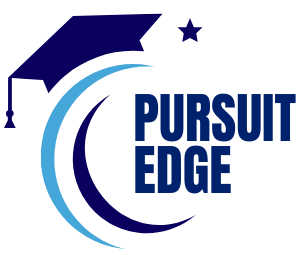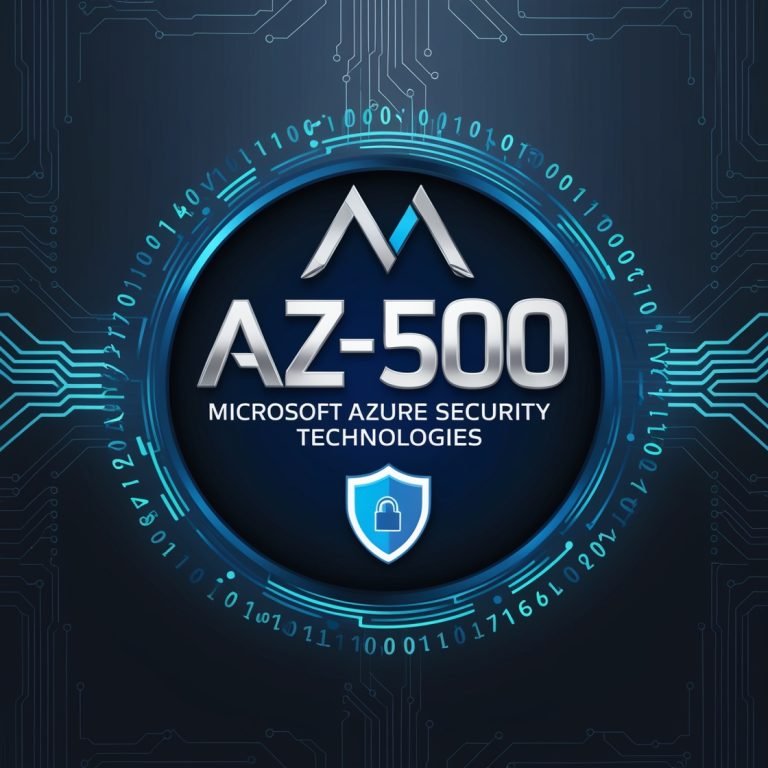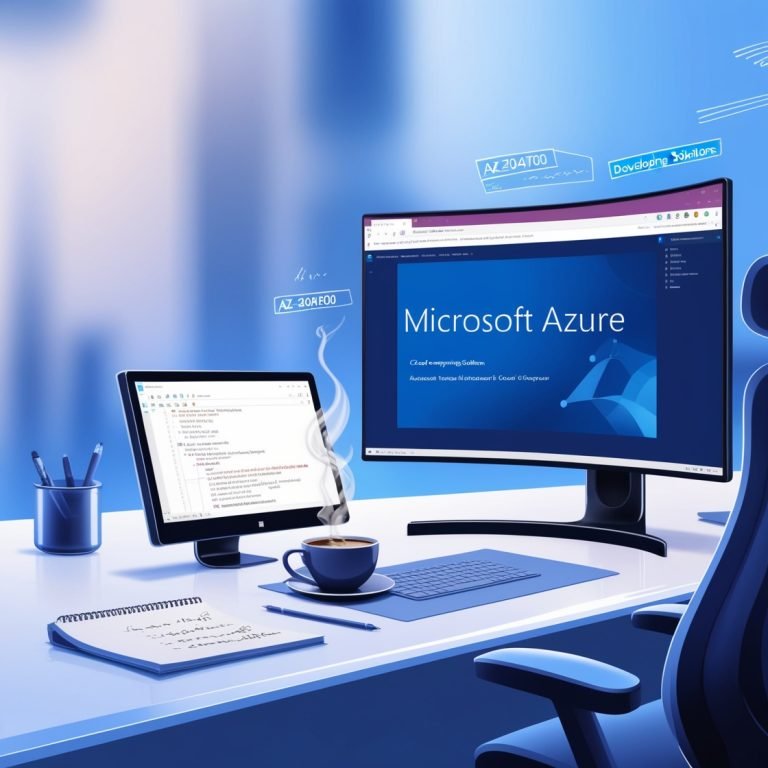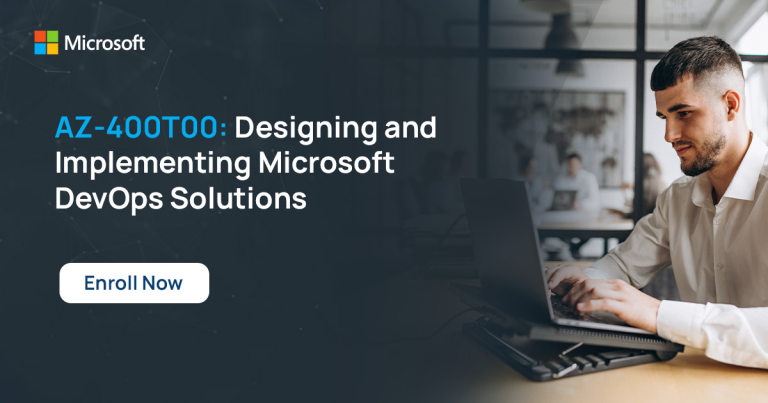Certified Kubernetes Administrator (CKA)
Certified Kubernetes Administrator
Certified Kubernetes Administrator (CKA) Certification


- Gain practical experience in setting up Kubernetes clusters, including configuring master and node components, and choosing the right network solutions.
- Master resource management by handling pods, labels, selectors, replica sets, services, and DaemonSets to ensure high availability and scalability.
- Learn to schedule workloads manually and automatically using scheduler features like taints, tolerations, node selectors, and node affinity.
- Manage application deployments, rollouts, and updates, leveraging Kubernetes deployment strategies for continuous integration and delivery

What to train your team? Get a quote
Fundamental Learnings
Training by Top Microsoft-Certified Trainers
1 Day of Live, Instructor-Led Sessions
Latest, Up-to-date Curriculum, Approved by Industry Experts
Access to a Digital Library of Learning Resources
Comprehensive Knowledge of Core Learnings
Blend of classroom sessions and hands-on training
Prerequisites for this Courese
Prerequisites and Eligibility
- Basic understanding of Linux: Familiarity with Linux command line operations, as Kubernetes often runs on Linux.
- Fundamentals of containerization: Knowledge of container concepts and containerization technology, such as Docker, is essential.
- Networking basics: Comprehension of basic networking concepts, including TCP/IP, IP addresses, HTTP, DNS.
- Command line interface (CLI) experience: Comfort with using the CLI, as Kubernetes command-line tool kubectl will be extensively used.
- YAML proficiency: Ability to read and write YAML files, as Kubernetes manifests and configuration files are typically written in YAML.

Things Included in the course learning
Course Curriculum
Module 1: – Core Concepts
Module 2: Installation, Configuration & Validation
Module 3: Creating Kubernetes Resources
Module 4: Scheduling
Module 5: Application Lifecycle Management
Module 6: – Environment Variable
Module 7: – Storage
Module 8: – Security
Module 9: – Cluster Maintenance
Module 10: – Logging and Monitoring
Module 11: – Networking in Kubernetes
Module 12: – Troubleshooting
Things Included in the course learning
Our Learners Love Us

Recently attended the Scrum Master course. The instructor demonstrated profound knowledge of Agile methodologies and Scrum in particular. Comprehensive course materials, including slides, workbooks, and supplementary readings, have become invaluable resources that I frequently reference in my daily role.

This is an amazing training ecosystem. They had assigned individual relationship managers who not only did the tactical things of reminding of sessions etc, but they also connected me with people who were experts for career guidance. This is the best example of customer delight - you not just engage clients but delight them! Highly recommended for Agile related courses.

I did a PSM-1course from One iTech and it was truly an enriching experience. The trainer was very good and has full expertise on the subject. He was quite interactive and engaging, always ensured everyone understood the concepts and fundamentals of Scrum Agile. He kept revising and recapping all important concepts throughout the session during these two days.

One iTech is very professional in handling entire process. They make sure all the support is provided during training and afterwards. I have done 2 courses with them and both times it was a great experience. The workshop was a well-organized event. The trainer was an expert which made it a valuable training.

What will I learn in this course
Output of this Course
- Understand container orchestration fundamentals and the components and architecture of Kubernetes, preparing for efficient cluster design and deployment.
- Gain practical experience in setting up Kubernetes clusters, including configuring master and node components, and choosing the right network solutions.
- Master resource management by handling pods, labels, selectors, replica sets, services, and DaemonSets to ensure high availability and scalability.
- Learn to schedule workloads manually and automatically using scheduler features like taints, tolerations, node selectors, and node affinity.
- Manage application deployments, rollouts, and updates, leveraging Kubernetes deployment strategies for continuous integration and delivery.
- Configure and manage environment variables within a cluster using ConfigMaps, Secrets, and volume mounts to ensure secure and flexible configuration management.
- Understand storage in Kubernetes by working with volumes, persistent volumes, and persistent volume claims to maintain stateful applications.
- Implement robust security measures by managing authentication, users, service accounts, and role-based access control (RBAC) within a Kubernetes environment.
- Perform cluster maintenance tasks such as operating system upgrades, cluster version updates, ETCD backups, and manage static pods and cron jobs.
- Develop proficiency in logging and monitoring Kubernetes clusters and applications, using tools like Prometheus for comprehensive observability.
- Navigate Kubernetes networking, including CNI, pod networking, DNS configurations, ingress rules, namespaces, and load balancing to ensure proper communication within the cluster.
- Troubleshoot common cluster issues related to ETCD, kubelet, container runtime, and scheduler to minimize downtime and maintain cluster health.
- Configure and manage high-availability Kubernetes clusters with multi-master setups to ensure fault tolerance and service reliability.
Who Should Enroll Now Azure AI Fundamentals Course
Who is this course for
- DevOps Engineers
- Systems Administrators
- Cloud Engineers
- Site Reliability Engineers (SRE)
- Technical Leads
- Infrastructure Architects
- Software Developers with an interest in deployment and network operations
- IT Project Managers involved in software development lifecycle management
- Security Professionals responsible for containerized application security
- Application Developers looking to understand the deployment environment
- Technical Support Professionals specializing in container technologies

No Post Found







